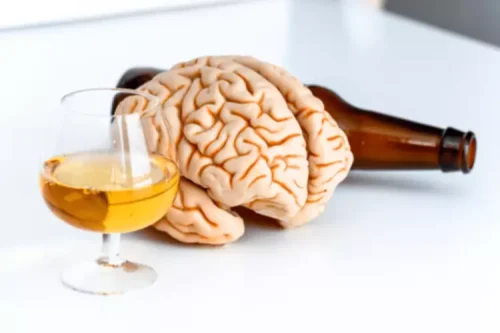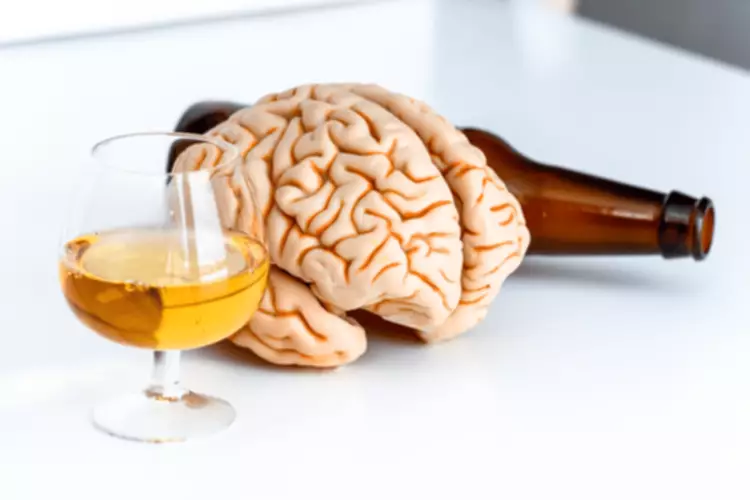
Just like the Dietary Guidelines, AHA and the CDC do not recommend alcohol consumption for individuals who do not already drink. They also encourage people who drink to do so in moderation in order to minimize some of the potential negative side effects of long-term alcohol use. We identified patients more than 20-years old with newly diagnosed AI (ICD-9-CM codes 303, 305.0, V113, and A215) from hospitalization records from 2000 to 2011 as the AI cohort. The index date for amphetamine addiction treatment the patients with AI was the date of their first admission visit.

We can help you along the path to a healthy, successful, and stable life.

The effects of a drink or two with a meal effectively answer the question “Does alcohol thin blood? Comparison of demographics and comorbidity between alcohol intoxication patients and controls. Older adults also are more likely to have balance, hearing, and eyesight problems. This puts them at higher risk for falls, broken bones, and car crashes tied to drinking. Join our supportive sober community where each day becomes a step towards personal growth and lasting positive change.
- However, if you are taking blood thinners, drinking even that much may be risky.
- People can speak to their doctor if they think they or someone they know may have AUD.
- From 24-hour care for withdrawal symptoms to individual therapy sessions with our counselors, patients receive our assistance every step of the way.
- Therefore, a person should speak with a healthcare professional about whether it is safe for them to drink alcohol while taking medications.
- Drinking alcohol for its blood thinning effects may undoubtedly produce it, but the other unhealthy effects are sure to outweigh, or even exacerbate, the desired one.
Can You Drink Alcohol on Blood Thinners?

A well-rounded approach that includes regular exercise, a balanced diet, and avoiding smoking can contribute to optimal circulation. If you or someone you know is struggling with alcohol addiction, seeking professional help is essential. Alcohol consumption has been a subject of interest when it comes to its impact on blood does alcohol thicken your blood thinning and circulation.
- Long-term alcohol use also can lead to an increased risk of developing arrhythmias, which are irregular heartbeats, as well as cardiomyopathy, a stretching or drooping of the heart.
- If you are on medication, it’s crucial to speak with your healthcare provider to understand the potential interactions between alcohol and your specific medication.
Is Alcohol a Blood Thinner? Here’s What You Need to Know
Taking both together could compound the anticoagulant effect and increase your risk of https://ecosoberhouse.com/ bleeding. The above review noted that low to moderate alcohol consumption can decrease platelet activation and aggregation, meaning it may reduce blood clotting in a similar way to blood thinning medications. Blood thinners are medications that prevent blood clots from occurring.
- Our treatment methods allow our clients to have the most accessible and effective recovery experience possible.
- Never disregard advice from a qualified healthcare professional or delay seeking advice because of something you read on this website.
- In conclusion, alcohol does have a blood-thinning effect, but it’s not the same as the effect of medications like aspirin or warfarin.
- They will advise you as to whether any amount of alcohol is safe to consume while on the medication.
- When alcohol is introduced into the equation, the blood’s ability to clot is compromised.

Alcohol is a legal psychoactive substance that can be enjoyed responsibly by adults who are of the legal drinking age of 21 or older. Blood cells, called platelets, move to the injured area of the body when you’re cut or bruised. These cells are sticky and cluster together and work to stop bleeding.
- When a blood clot blocks the flow of blood to your heart, a heart attack can occur.
- The platelets in Lily’s body immediately get to work clotting the blood to stop the bleeding.
- It is critical to strike a balance that reduces risks while also promoting overall well-being.
- For individuals taking warfarin, an international normalized ratio (INR) test measures the blood’s clotting time.
- Understanding the impact of alcohol on blood thinning is a matter that should be taken seriously.
Some research finds that alcohol increases levels of high-density lipoproteins (HDL, aka “good cholesterol”). This healthy type of cholesterol helps protect your arteries and prevent the blood clots that can lead to heart attacks and strokes. While alcohol may have blood thinning effects, it may also increase the risk of cardiovascular conditions and blood clots. The effects of alcohol interfere with the blood clotting process. It reduces the number of platelets in the blood, partly affecting blood cell production in the bone marrow.
